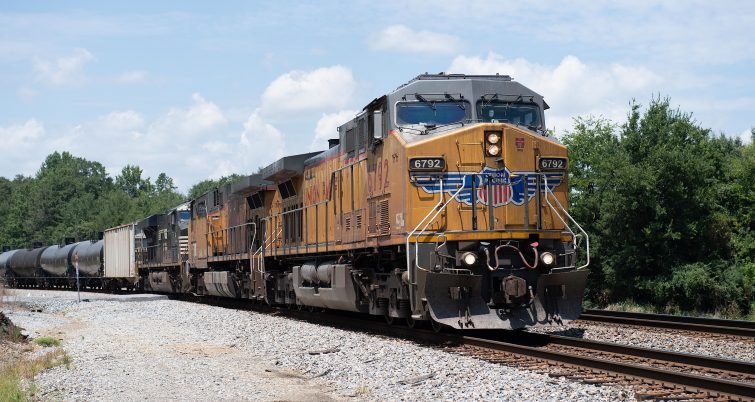Families to Relocate After Living By Union Pacific Rail Yard
Written by Jennifer McLawhorn, Managing Editor
HOUSTON, Texas – After cancer clusters were found in Houston neighborhoods nearby a Union Pacific rail yard, the city plans to spend millions of dollars on relocation.
According to MYNorthwest, the city of Houston will spend “millions of dollars to relocate residents” from areas surrounding a “rail yard polluted by a cancer-linked wood preservative that has been blamed for an increase in cancer cases.”
From 2019 to 2021, health officials discovered multiple cancer clusters in “Houston’s historically Black Fifth Ward and Kashmere Gardens neighborhoods.” They also “found higher rates of respiratory cancers as well as childhood cancers, including acute lymphoblastic leukemia.”
A nearby Union Pacific rail yard has been blamed for the cancer clusters due to the presence of creosote. Health officials tested the soil and found dioxin, “a highly toxic chemical compound associated with cancer and other health risks.” Used for eight decades until the 1980s, creosote “has been associated with an increased risk of contracting cancer.”
The mayor of Houston has been in communication with Union Pacific, and UP “indicated it wants to wait until additional testing is complete. . . and that testing is ‘required to accurately determine the true extent and source of contamination in the neighborhood. Relocation should be based on a human health risk assessment’.” While EPA-ordered testing is slated for this fall, results should be released by December.
Mayor Sylvester Turner urged UP to “participate in this process . . . [due to] a moral obligation.” UP reiterated its efforts in clean-up and how the company has “made measurable progress” since it acquired the rail yard in a 1997 merger. Those who reside in the neighborhoods near the rail yard have said their concerns “have been ignored by the railroad company and by local officials.”
To relocate residents from the hundred properties “could cost up to $26 million,” and that the city is looking at funding from local, state, and federal sources. No specific dates or deadlines were given for relocation.





